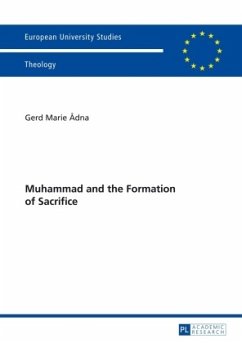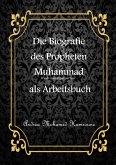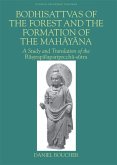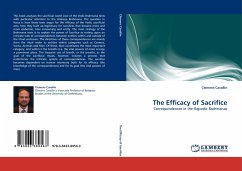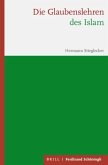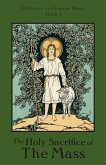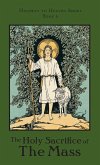Islam has a festival of sacrifice, id al-adha, which is celebrated each year in the month of pilgrimage. Simultaneous to the celebration and the sacrificial ritual in Mecca, during hajj, sheep, camels and cows are slaughtered all over the Muslim world. The story about how Abraham nearly sacrificed his son, Ishaq or Isma'il (Q 37), is important. Also other parts of the Qur'an contribute to the understanding of the id al-adha. Further, texts from the first 500 years after hijra contribute to a new comprehension of the theology of sacrifice in Islam. In this monograph insights from the wider field of religious and anthropological studies (esp. R.A. Rappaport) are applied to the source texts about sacrifices and rituals in pre-Islam and Islam.

